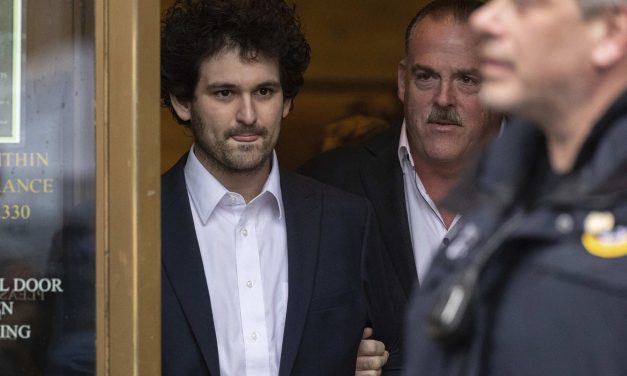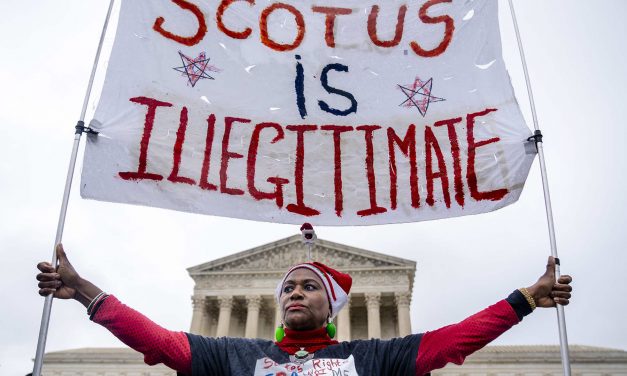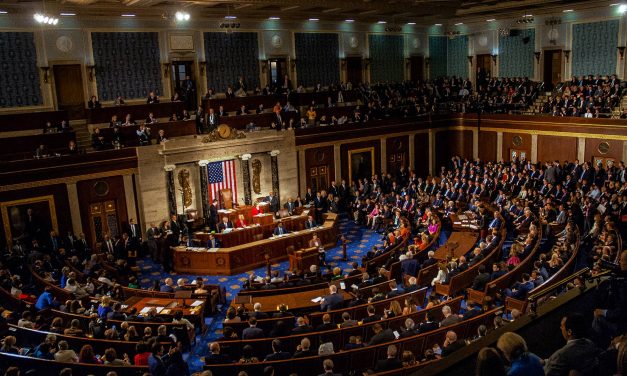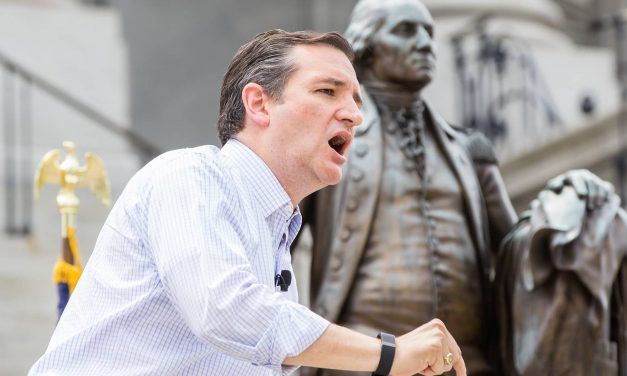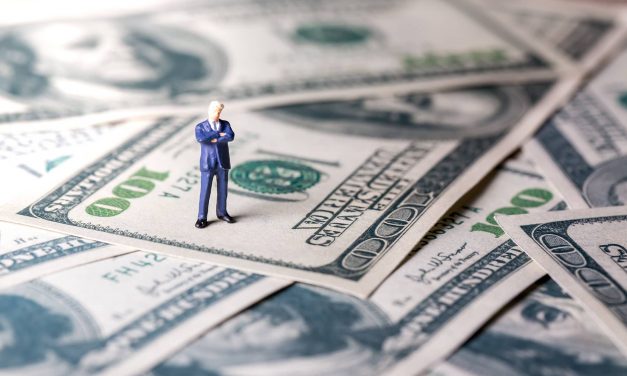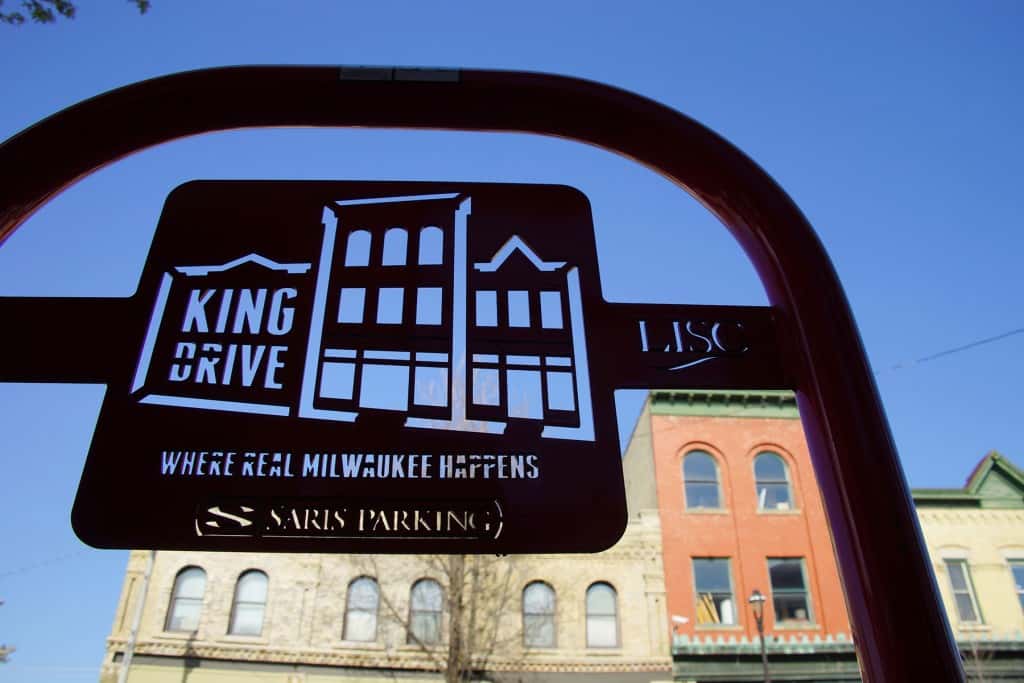Monsters of American Capitalism: Trump, Bankman-Fried, and Musk show how greed is a public danger
If 2022 presented any single lesson, it was the social costs of greed. Capitalism is premised on greed but also on guardrails — laws and norms — that prevent greed from becoming so excessive that it threatens the system as a whole. Yet the guardrails cannot hold when avarice becomes the defining trait of an era, as it is now. Laws and norms are no match for the possibility of raking in billions if you’re sufficiently ruthless and unprincipled. Donald Trump’s tax returns, just made public, reveal that he took bogus deductions to reduce his tax liability all the...
Read More
